Infancia y recuerdos
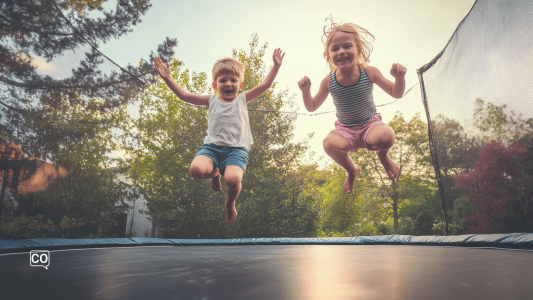
Learning goals:
- Situation: Hablar sobre el pasado lejano y describir recuerdos (Talk about distant past and describe memories)
- Situation: Habla sobre tu infancia (Talk about your childhood)
- Situation: Pretérito imperfecto (Pretérito imperfecto)
- Verb: Ser (to be) - Pretérito imperfecto, indicativo (Imperfect Past, indicative)
- Verb: Vivir (to live) - Pretérito imperfecto, indicativo (Imperfect Past, indicative)
- Verb: Trabajar (to work) - Pretérito imperfecto, indicativo (Imperfect Past, indicative)
- Verb: Decir (to say) - Condicional simple, indicativo (Simple conditional, indicative)
- Verb: Pedir (to ask) - Condicional simple, indicativo (Simple conditional, indicative)
- Verb: Ver (to see) - Pretérito imperfecto, indicativo (Imperfect Past, indicative)
- Verb: Ir (to go) - Pretérito imperfecto, indicativo (Imperfect Past, indicative)
- Verb: Comer (to eat) - Pretérito imperfecto, indicativo (Imperfect Past, indicative)
- Grammar: El Pretérito Imperfecto (The Imperfect Past Tense)
- Culture: "Chicos en la playa": el retrato de la juventud, la inocencia y el pasado ("Kids on the Beach": the Portrait of Youth, Innocence, and the Past)
Learning module 3 (A2): El buen pasado (The good old past)
Teaching guidelines +/- 60 minutes
Core vocabulary (12)
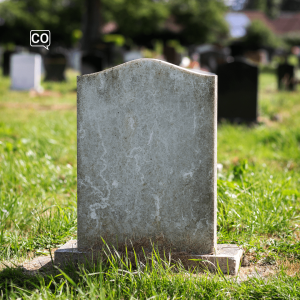
Yo muero de risa cuando descubro un chiste bueno.
(I die of laughter when I find a good joke.)
Morir
(To die)
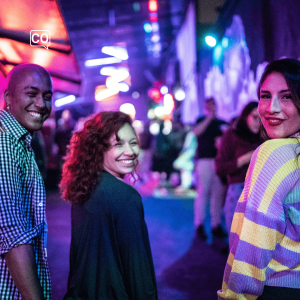
Ella sale temprano para subir la montaña.
(She leaves early to climb the mountain.)
Salir
(To leave / to go out)
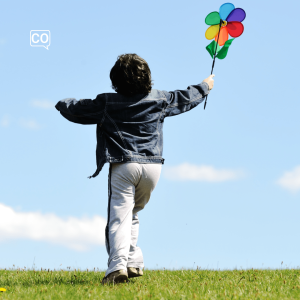
Siempre echo de menos mi infancia porque era muy divertida.
(I always miss my childhood because it was very fun.)
La infancia
(The childhood)
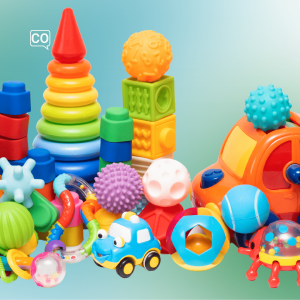
Cuando era niño, tenía un juguete favorito.
(When I was a child, I had a favourite toy.)
El juguete
(The toy)

Las memorias de mi infancia me recordaron cuánto disfrutaba jugar con mis amigos.
(The memories of my childhood reminded me how much I enjoyed playing with my friends.)
La memoria
(The memory)

El recuerdo de mi infancia es muy divertido.
(The memory of my childhood is very amusing.)
El recuerdo
(The memory)
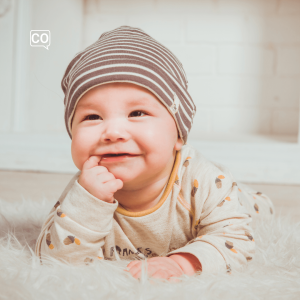
El recuerdo del bebé jugando con su primer juguete es inolvidable.
(The memory of the baby playing with their first toy is unforgettable.)
El bebé
(The baby)

Las adolescentes se apreciaban porque compartían memorias increíbles de la infancia.
(The teenagers appreciated each other because they shared incredible childhood memories.)
El adolescente
(The teenager)

Recuerdo cómo los adultos siempre tenían historias sorprendentes para contar.
(I remember how the adults always had amazing stories to tell.)
El adulto
(The adult)
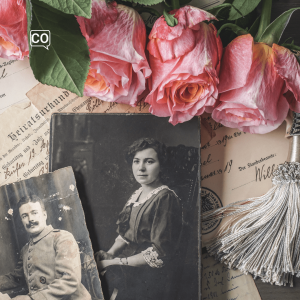
Siento nostalgia cada vez que vuelvo a mi antigua casa.
(I feel nostalgic every time I return to my old house.)
La nostalgia
(The nostalgia)
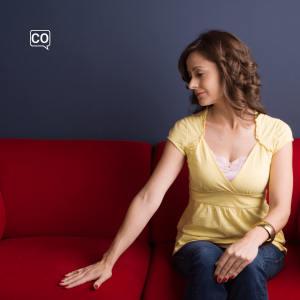
Cuando era niño, siempre echaba de menos a mi abuela cuando se iba de viajes.
(When I was a child, I always missed my grandmother when she went on trips.)
Echar de menos
(To miss)
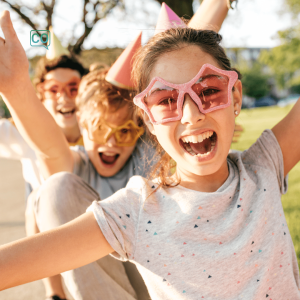
Los días en el campamento eran más divertidos que cualquier otra cosa que hacíamos.
(The days at the camp were more enjoyable than anything else we did.)
Divertido
(Fun)
Word list (30)
Core vocabulary
(12):
Verbs: 2,
Adjectives: 1,
Interjection: 1,
Nouns: 8,
Context vocabulary:
18
| Spanish | English |
|---|---|
| Brillaba | Was shining |
| Capturaba | He captured |
| Cenábamos | We were having dinner |
| Divertida | Fun |
| Divertido | Fun |
| Echaba de menos | He always missed |
| Echar de menos | To miss |
| Echo de menos | I miss |
| El adolescente | The teenager |
| El adulto | The adult |
| El bebé | The baby |
| El juguete | The toy |
| El recuerdo | The memory |
| Era | I was |
| Escenas | Scenes |
| Escuchábamos | We listened |
| Ibas | You used to go |
| Juguetes | Toys |
| La infancia | The childhood |
| La memoria | The memory |
| La nostalgia | The nostalgia |
| Morir | To die |
| Morían | Were dying |
| Muere | Dies |
| Mueren | Die |
| Os quedabais | You stayed |
| Salgo | I go out |
| Salir | To leave / to go out |
| Salías | You used to leave |
| Veíais | You saw |